Jesuit Refugee Service: Education Life-Saving for Forcibly Displaced
BY CHRIS KERR | May 19, 2016
Jesuit Refugee Service (JRS) confirmed that education is a life-saving intervention for children and adolescents who are forcibly displaced from their homes, in a new report entitled, Providing Hope, Investing in the Future: Education in Emergencies & Protracted Crises. In emergencies where many agencies provide basic humanitarian assistance, JRS is on the ground organizing educational and recreational activities to heal trauma, promote human dignity, and build skills.
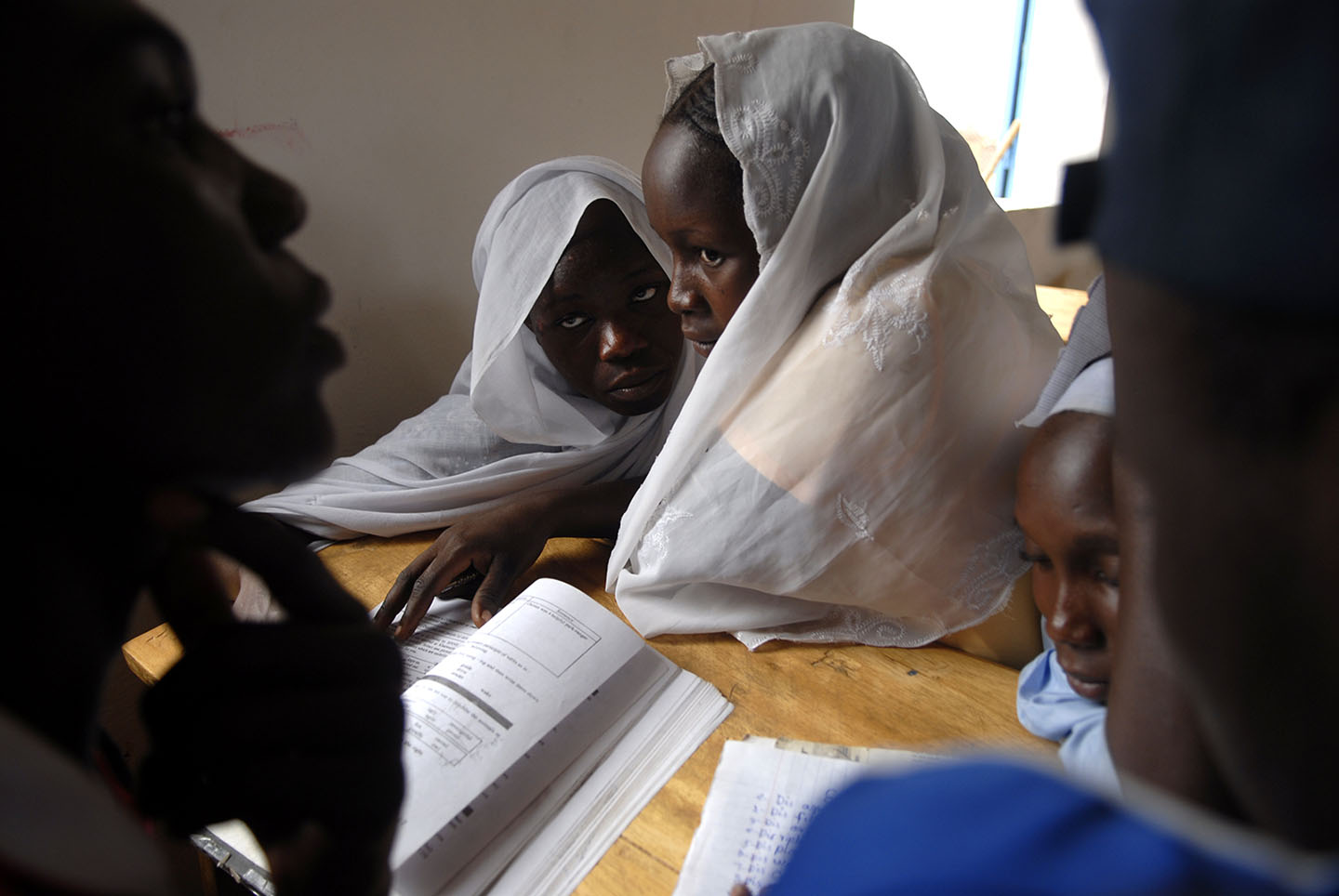
English language class for 10th grade. Jesuit Refugee Service built and operates a secondary school in Djabal Refugee Camp outside of Goz Beida, Chad, May 26, 2011. The school was built with a grant from the U.S. State Department’s Bureau of Population, Refugees and Migration. [Christian Fuchs — Jesuit Refugee Service/USA]
Today, more than 75 million children and young people have their education disrupted or destroyed by emergencies and prolonged crises. Attacks on schools, wars, natural disasters and the largest refugee crisis since World War II have increased the need for education in emergencies.
Challenges to Be Addressed at International Summit
Despite this need, less than two percent of all humanitarian funding has gone to education every year since 2010. But, that can change. Next week the World Humanitarian Summit will convene in Istanbul to tackle the most significant challenges facing the global humanitarian sector.
During the Summit, the Education Cannot Wait Fund will be launched. This effort aims to both mobilize and coordinate support for programs that meet the educational needs of children and youth affected by crisis.
“If we do not act they [affected youth] will become victims of child labor, child trafficking, and child marriage and they will be a discontented generation of young people, a lost generation,” former British Prime Minster Gordon Brown said while previewing the Fund.
“We see the hope that education provides in times of great despair when the people we serve think the world has forgotten them,” said Jesuit Refugee Service West Africa Regional Director Fr. Eric Goeh–Akue, S.J.
From their founding in 1980, JRS has placed an emphasis on ensuring that the most vulnerable have access to an education, regardless of their circumstances. Working both in newer emergencies, like Syria, and in protracted displacement settings including Chad, Ethiopia and Kenya, JRS is poised to offer substantive, thoughtful insight on providing effective, quality education programs for the forcibly displaced.
“JRS education programs help ensure that the most vulnerable and disenfranchised — with a special focus on women and girls — have access to an education,” said Armando Borja, Regional Director of Jesuit Refugee Service North America. According to JRS, if all children were to leave school with the ability to read, there would be a 12 percent decrease in global poverty levels.
Jesuit Refugee Service International Director Fr. Thomas H. Smolich S.J., will participate in the Istanbul Summit and speak on a panel co-hosted by JRS, Theirworld, UNRWA, INEE, the Global Campaign for Education, and War Child. The panel event May 23, is entitled “Delivering Quality Education in Emergencies: What Needs To Be Done.”
Chris joined the Ignatian Solidarity Network (ISN) as executive director in 2011. He has over fifteen years of experience in social justice advocacy and leadership in Catholic education and ministry. Prior to ISN he served in multiple roles at John Carroll University, including coordinating international immersion experience and social justice education programming as an inaugural co-director of John Carroll’s Arrupe Scholars Program for Social Action. Prior to his time at John Carroll he served as a teacher and administrator at the elementary and secondary levels in Catholic Diocese of Cleveland. Chris speaks regularly at campuses and parishes about social justice education and advocacy, Jesuit mission, and a broad range of social justice issues. He currently serves on the board of directors for Christians for Peace in El Salvador (CRISPAZ). Chris earned a B.A. and M.A. from John Carroll University in University Heights, Ohio. He and his family reside in Shaker Heights, Ohio.

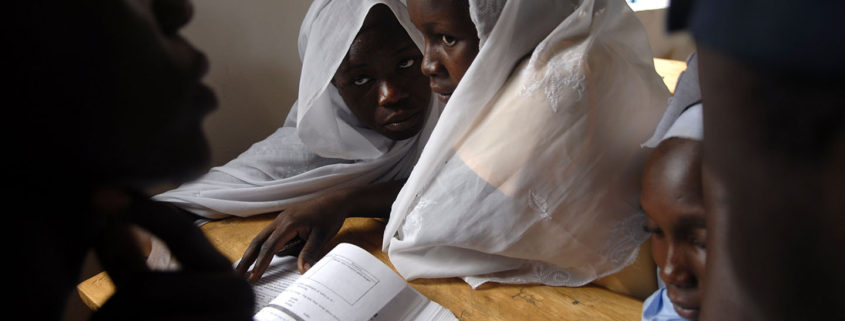
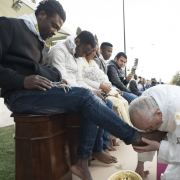
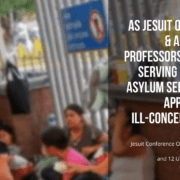
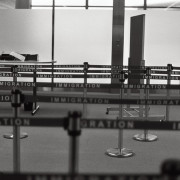
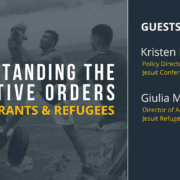
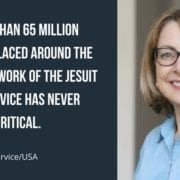
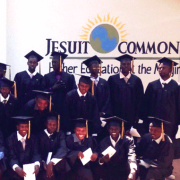



Trackbacks & Pingbacks
[…] Source. […]
Leave a Reply
Want to join the discussion?Feel free to contribute!